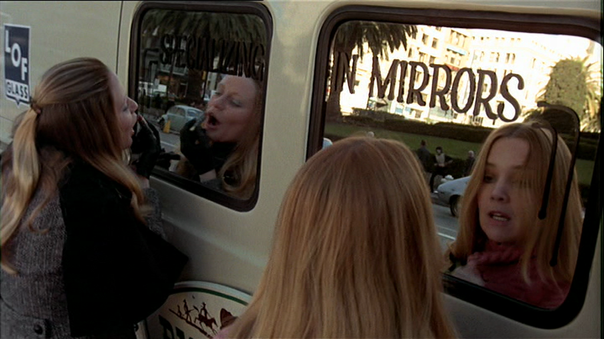

A MAGAZINE ABOUT STYLISH CINEMA
A monthly focus on the profound impact of film. Fashion photographer and filmmaker Glen Luchford selects his three titles

FILM PICKS WITH
GLEN LUCHFORD
The Conversation (1974) Francis Ford Coppola
“I wanted to find a visual way to give a sense of eavesdropping on Harry's personal life, which is to say that I as the filmmaker was an eavesdropper. And I decided not to do it with long lenses because I felt that was not only a cliche but also easy and overdone. Then I thought of doing it with a very static camera-which is to say, a camera which gave the impression that it didn't have an operator on it-so that the actor would walk out of frame, just as if it were an electronic camera” (Francis Ford Coppola in Conversation with Brian de Palma)
Pixote (1981) Hector Babenco
"The film operates at a somewhat uncomfortable middle-ground between fiction and documentary to present its audience the gritty and difficult realities of Brazil’s juvenile reform system. Rather than offer a form of escapism, Babenco’s Pixote forces the audience to confront this difficult social issue directly, and as such is incredibly representative of the significant Brazilian film movements of Cinema Novo and the Aesthetic of Hunger." (Ben Pettis)
Lawrence of Arabia (1962) David Lean
"I would look at light as a pious boy might react to a shaft of sunlight in a cathedral. I still find it a slightly mystical experience. Something to do with forbidden and secret things." (David Lean)
"The glory of Lean was that with 'Lawrence,' he summoned his earliest memory of awe and, perhaps for the last time, restored our illusion that a mass medium could be a miracle." (Anthony Lane, the New Yorker)




















